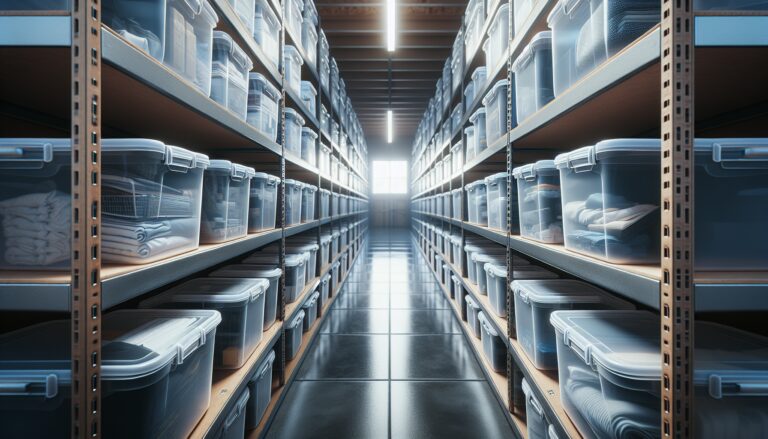Argomenti trattati
Understanding the limitations of plastic storage bins
Plastic storage bins are a popular choice for organizing various household items, from toys to tools. However, they are not a universal solution. Many items can suffer damage or deterioration when stored in plastic bins, especially if they are sensitive to environmental conditions. Experts in cleaning and organization emphasize the importance of knowing what not to store in these bins to avoid potential hazards.
Documents and photographs: Protecting your memories
One of the most critical items to keep out of plastic bins is important paperwork, including birth certificates, legal documents, and cherished photographs. Joanna Wirick, founder of Joanna Organize, warns that moisture buildup and temperature fluctuations can lead to deterioration. Instead, consider using fireproof, archival-quality containers to ensure these items remain safe and intact. This method not only protects against physical damage but also preserves the integrity of your memories for years to come.
Heat-sensitive items: Candles and crayons
If you love candles or have children who enjoy coloring, it’s essential to store these items properly. Storing candles, crayons, or any meltable items in plastic bins can result in a gooey mess, particularly in warmer areas like attics or garages. Wirick advises keeping these items in a cool, climate-controlled space to prevent damage. This simple adjustment can save you from a sticky situation and ensure your items remain usable.
Electronics and batteries: Avoiding fire hazards
Another category of items to avoid placing in plastic bins is electronics and batteries. Karina Toner, a cleaning expert at Spekless, highlights the risks of overheating, corrosion, and potential fire hazards associated with improper storage. Instead of using plastic bins, keep electronics in their original packaging, which is designed to protect them. Batteries should also be stored in their original packaging and kept away from direct sunlight to maintain their longevity and safety.
Food storage: Keeping pests at bay
While it may seem convenient to store non-perishable food items in plastic bins, this practice can lead to pest infestations, mold growth, and unpleasant odors. Toner recommends keeping canned goods in a pantry rather than in basements, garages, or attics. Proper food storage is crucial for maintaining freshness and preventing contamination, so always opt for designated food storage areas.
Footwear: Maintaining freshness
When it comes to storing athletic sneakers, using plastic bins can trap moisture and lead to unpleasant odors. Melanie Summers, founder of I Speak Organized, suggests using a shoe rack or open shelving instead. This allows for better air circulation, keeping your shoes fresh and in good condition. Proper footwear storage not only extends the life of your shoes but also keeps your space organized.
Medications: Ensuring accessibility
For prescription medications that require regular access, storing them in a plastic bin can hinder your routine. Summers emphasizes the importance of visibility and accessibility. A clear, tiered organizer on your counter allows you to see your medications at a glance, making it easier to incorporate them into your daily routine. If medications are tucked away in a bin, they may be forgotten, leading to missed doses.

